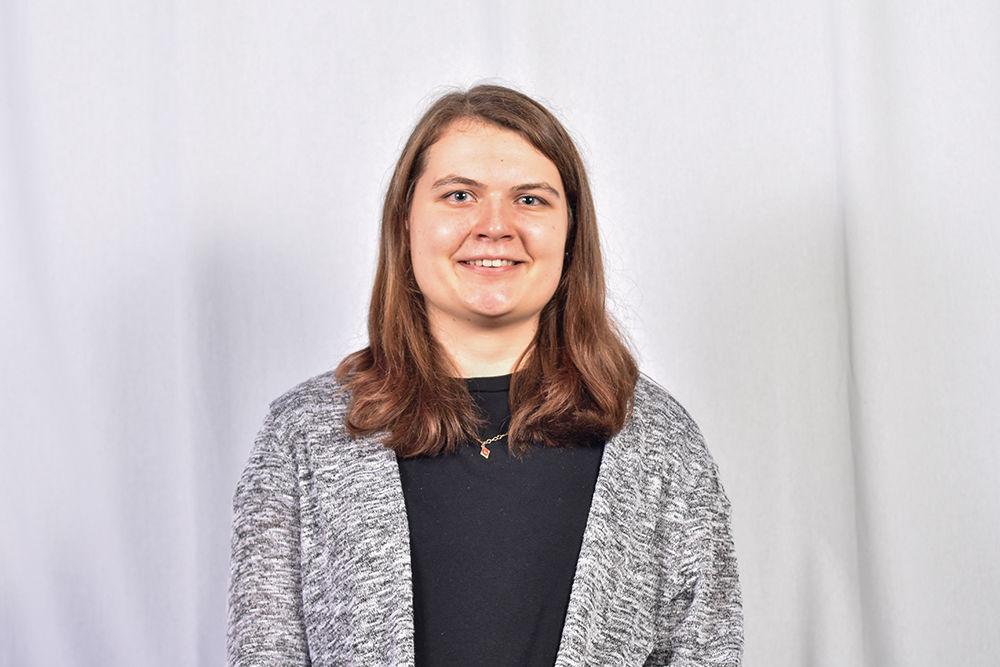As part of their campaign, Student Body President-elect Melanie Flowers, a third-year studying communication, and Student Body Vice President-elect McKenzy Heavlin, a second-year studying electrical engineering, have promised to establish embedded counseling services, which means they plan to assign counselors to different colleges rather than limiting counseling services to one location.
The purpose of this policy is to provide more individualized support to students. However, the need for this service points to a large problem which has been pointed out in other articles: NC State as a whole has a very poor advising program. Large numbers of students across different colleges have expressed dissatisfaction with how advising is handled, including trouble scheduling appointments and lack of competence among advisors.
Putting counselors in the role of advisors, however, will not solve this problem. In fact, embedded counseling might actually make this problem worse by neglecting to address the widespread issues with advising. Also, counselors cannot be expected to take on the role of an advisor because counselors, for the most part, have not been trained in the disciplines they will be working with.
Just as we cannot reasonably expect someone with a degree in engineering to have extensive knowledge about dialectical behavioral therapy, we cannot expect someone with a Ph.D. in psychology to have a deep enough understanding of engineering material to provide academic advice to students in the College of Engineering, so it does not make sense to require counselors to take on an additional role of providing advising services that are outside their area of expertise.
Additionally, decentralizing the Counseling Center would also negatively benefit students by detracting time and resources from the programs at the Counseling Center, which are essential to students’ well-being. This would also create an additional burden for the counselors themselves, considering that the amount of students using the Counseling Center has seen a nearly 40% increase in demand for services between 2012 and 2018.
Also, the Counseling Center already has embedded counseling services; they recently opened up a satellite office on Centennial Campus, and they also offer weekly drop-in counseling at different student centers, including the Office of Multicultural Student Affairs and the GLBT Center. Because this resource is already in place, it doesn’t make sense to invest additional resources in increasing these services when the Counseling Center is already overwhelmed due to a rapid increase in demand for services.
Just like other services and programs on campus, the Counseling Center exists to provide mental health and other resources to students in need. In turn, students are expected to reach out to the Counseling Center when they need help. I am aware that the Counseling Center can be difficult for many students to access, especially those who live off campus, have families to care for or work multiple jobs, and that dispersing counselors across different colleges could make it easier to access these services. However, as students and as future (and current) members of the workforce, it is our responsibility to seek out help when we need it, instead of the other way around.














